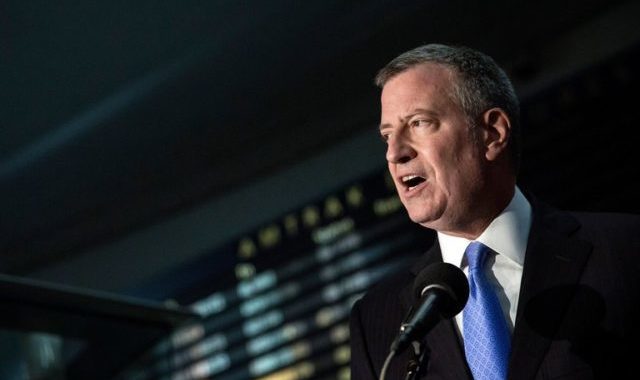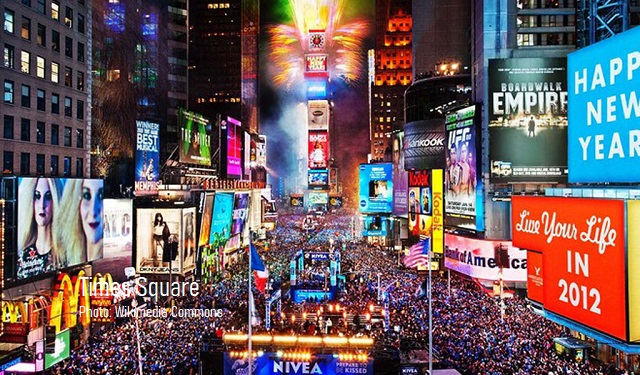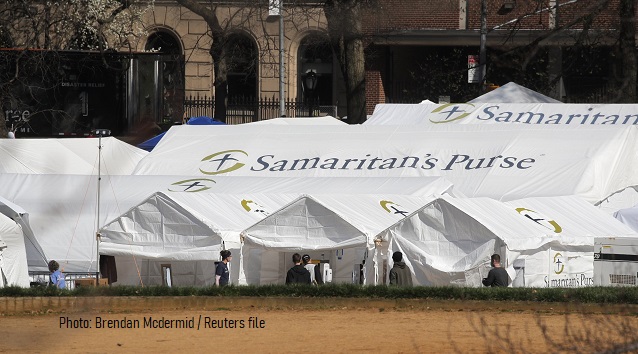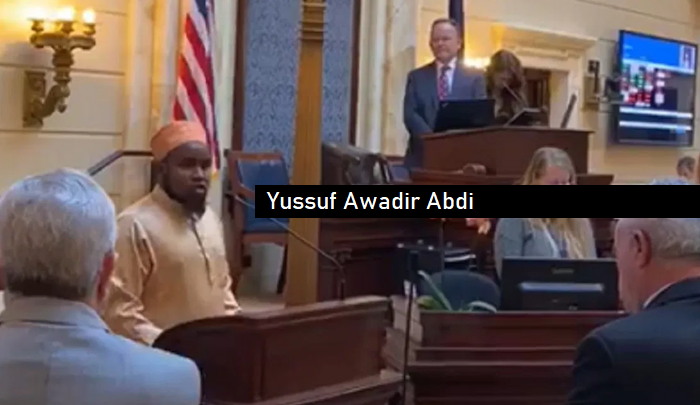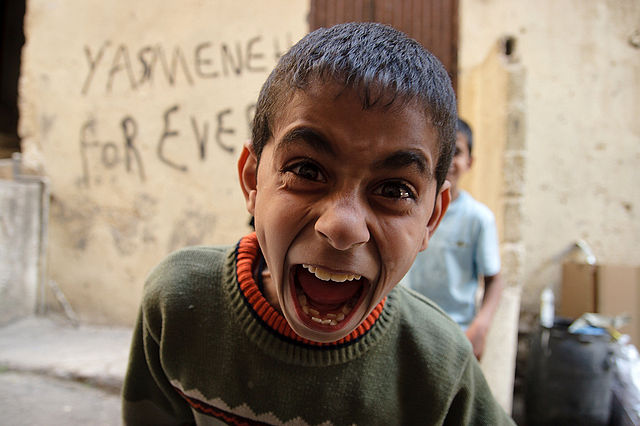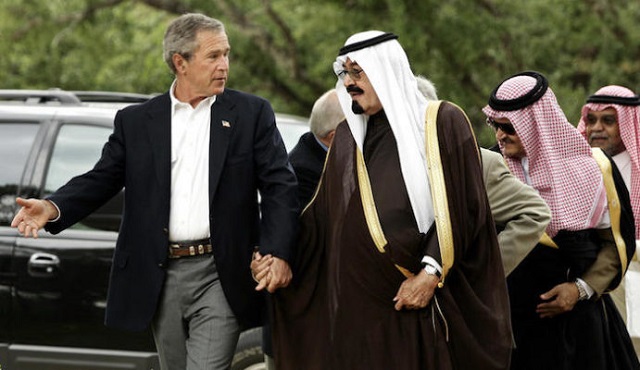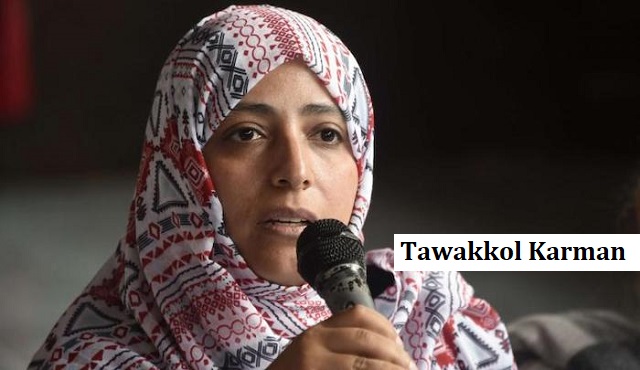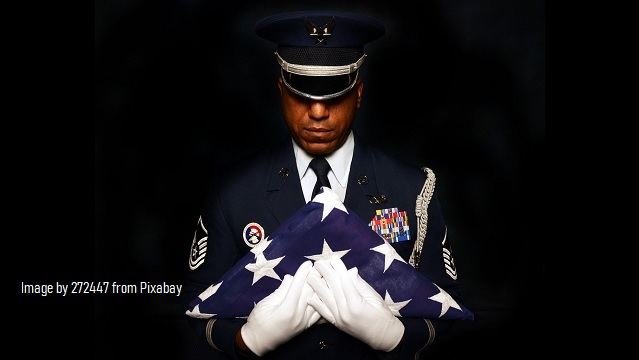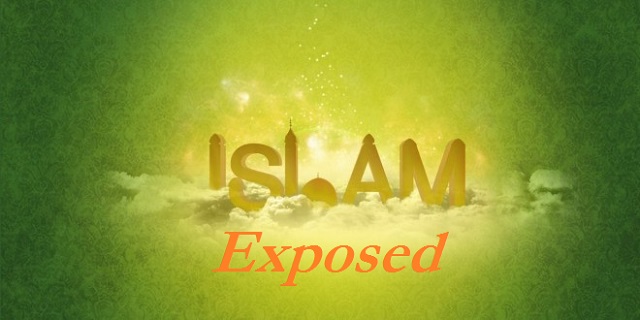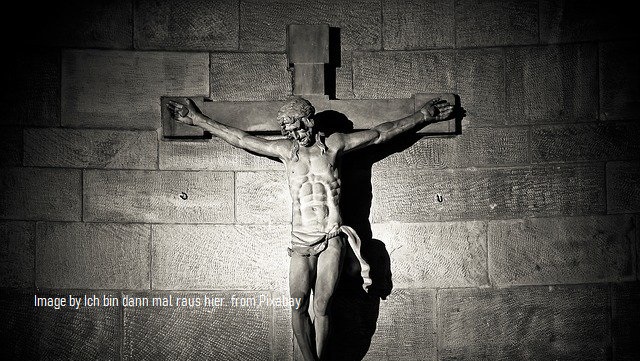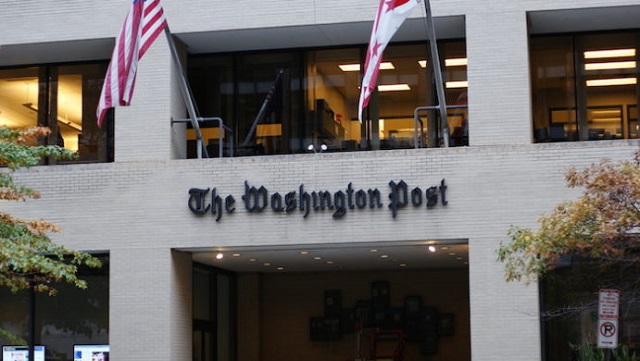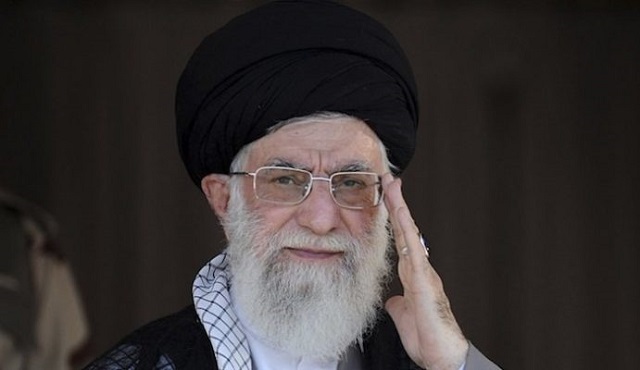
From the Jewish News Syndicate:
With the coronavirus pandemic sending oil prices to record lows, for Iran, which relies on oil exports as its top revenue source, the economic situation is going from bad to worse.
Oil prices have suddenly declined by 40% for two reasons. First, the Saudis started an oil price war with Russia, ramping up their own production, in order to increase their market share. That price war is over, and oil producers have agreed to share production cuts, but prices have not rebounded as producers hoped. That is because of the second reason for the oil price decline: a colossal decrease in demand. The coronavirus pandemic has led to a worldwide dampening of demand, as both car and plane travel have plummeted. Working at home cuts down on commuting, keeping children home means there is no need to take them to and from school, tourism has plummeted worldwide now that non-essential travel is forbidden, and so has plane travel that relies on those tourists. Online multi-party meetings on Zoom and Skype have replaced in-person meetings. In the second quarter of 2020, world oil demand is now nearly 24 mbd down from a year ago. As long as the pandemic continues, travel by car or plane will not rebound, and oil prices will remain at historic lows..There is nothing Iran can do about this.
Reflecting such a state of fiscal affairs, Iran’s parliament this week approved a measure to change its currency from the rial to the toman, which will be set as 10,000 rials. The move is a bid by the Islamic Republic to curb growing inflation.
The Weimar-like inflation in Iran has led to a change in currency from the rial to the toman. but this will make no difference to the reality of inflation. Each toman effectively is worth 10,000 rials. Iranian officials have emphasized the benefits of lessening the psychological pressure associated with steep-looking prices, but they have admitted that the changes will not affect inflation. Embracing the toman also, they added, should save the country money — fewer bills to print, fewer coins to mint. That’s not much of a savings. The staggering inflation remains.
Already struggling under the U.S. sanctions as part of the Trump administration’s “maximum pressure” campaign, the energy woes will deal another blow to the Islamic regime.
“The Iranian economy has been on the skids for some time, with oil exports sharply limited by U.S. sanctions. As a result, they have already taken a lot of the hit they would otherwise have taken rather suddenly,” said Danielle Pletka, senior vice president for foreign- and defense-policy studies at the American Enterprise Institute. “That said, the rewards from smuggling, especially for the [Islamic Revolutionary Guard Corps], will be lower.”
Iran has managed to smuggle some oil out to sellers, despite American sanctions. But now that the price of oil is so low – a few weeks ago we even had the spectacle of negative prices for oil, which meant that those who had bought oil, but had no place to store it, were paying others to take the oil off their hands – the profits of smuggling oil that has lost 40% of its value are much lower, and for many smugglers may not be worth it.
The United States designated the IRGC as a terrorist organization in 2019.
On April 30, the United States charged two Iranian individuals and seized more than $12.3 million used in September 2019 to acquire a petroleum tanker, the Nautic—the biggest seizure ever of funds connected to the IRGC’s elite Quds Force.
“These defendants purchased a crude oil tanker valued at over $10 million by illegally using the U.S. financial system, defiantly violating U.S. sanctions,” said U.S. Assistant Attorney General for National Security John Demers. “This is yet another example of Iran brazenly using front companies and false documentation in an attempt to hide the illegal transactions that the Iranian regime desperately needs to fund its malign activities.”
Jason Brodsky, policy director at United Against Nuclear Iran, said “sanctions, the sharp drop in oil prices, and the coronavirus will all contribute to Iran’s increasingly untenable economic woes.”
“Before the coronavirus, the regime attempted to bolster its non-oil sectors like agriculture and manufacturing to compensate for the losses generated by the U.S. maximum pressure campaign,” he continued.
The coronavirus lockdown in Iran affects most factories. Wearing PPE and observing social distancing are required of employees in the few places where where they are still allowed to work. Most factories in Iran, however, have shut down, just as in the U.S. Agricultural output in Iran, too, has suffered. With stay-at-home orders in place, and restaurants and schools closed, demand for nearly every agricultural product has collapsed. Restaurants have stopped buying food, purchases of cotton for consumer goods has slowed, and low oil prices have reduced demand for bioethanol, and thus from the crops it is derived from: wheat, sugar cane bagasse, rice, barely and corn. Iranian farmers are in a desperate condition.
The coronavirus will likely prove to be a blow [as well] to the services sector, upon which Iran’s economy relies heavily. That’s not to mention the border closures, which will potentially hamper trade with Iran’s neighbors,” said Brodsky. “The regime is increasingly having to make hard choices in this environment, and sadly the bill for decades of mismanagement is coming due.”
Pletka said Iran “will do with less, and as usual, and the Iranian people will be the victims, as they always are. The regime [as individuals] has plenty of money.”
The best example of the colossal corruption in the regime is the Supreme Leader himself, Ayatollah Ali Khamenei, who according to the U.S. government has amassed a business empire worth $200 billion, up from a mere $95 billion in 2013.
Foundation for Defense of Democracies CEO Mark Dubowitz told JNS that the damage to Iran’s oil sector had already been done because of U.S. sanctions.
“The collapse in oil prices has a limited short-term impact on Iran’s oil revenues because exports have already fallen sharply from 2.5 million barrels per day to a few hundred thousand as a result of the U.S. maximum pressure campaign,” he said. “It does however impact oil production since foreign investors who might be willing to take the sanctions risk when oil prices are high will be less likely to do so if profit margins are much lower.”
The oil price collapse will certainly affect investment in oil production in Iran, where American sanctions already make potential investors nervous. As long as the price of oil was high, some were willing to risk those sanctions, but no longer. Smuggling Iranian oil to buyers has suddenly become far less profitable.
“Germany, which was their primary trade partner, was taking pistachios, rugs, and some industrial metals, but it was very limited and the trade was very unbalanced,” said Jewish Policy Center senior director Shoshana Bryen. “At the same time, the mullahs are not Iranian nationalists, but Shi’ite supremacists and the single most important element of their policy, foreign and domestic, is undermining Sunni states in the Middle East and Africa, while threatening Israel and inflicting damage on American interests.”
“They have to keep the population as quiet as possible, but helping the Iranian people is not their goal,” she continued. “So look for them to take their very limited funds and continue to use them for their military.”
For the Iranian regime, the well-being of its people is not a major concern, just as long as it can intimidate the population, and when there are protests nonetheless, to crush them using force. The regime will continue to spend what money it on its own military, especially the IRGC, and on supporting fellow Shi’a troops, as the Houthis in Yemen, the Shi’a militias in Iraq, Assad’s Alawite-led forces in Syria, against their Sunni enemies and to spend money supplying advanced weaponry, especially precision-guided missiles, on Hezbollah, as the shock troops of Iran’s never-ending war on Israel.
Dubowitz noted that “Iran’s non-oil exports like petrochemicals are linked to oil prices.”
Iranian petrochemicals and their handlers have been subject to U.S. sanctions. In March, the Trump administration sanctioned companies and individuals allegedly engaged in trading or transporting Iranian petrochemicals.
In January, the United States sanctioned several companies and senior executives allegedly part of the international network supporting Iran’s petrochemical and petroleum industries.
Furthermore, Dubowitz said that “the collapse in oil prices will adversely impact these revenues which have been a major source of foreign currency earnings even under the sanctions regime.
“Iran is facing an economic depression but its sizable off-the-books assets under the control of the supreme leader and its continued trade with the UAE, Iraq, China, Turkey and others give it a lifeline. Washington needs to double down on the pressure and shut off all remaining economic and financial lifelines.”
Hudson Institute senior fellow Michael Doran remarked that “despite its protestations to the contrary, the regime does not have any good alternatives to oil, and it cannot circumvent the economic laws of gravity.”
Ahead of November, said Doran, Iran’s objective is “simply to limp its way to the American presidential election. If Trump will be defeated, a Democratic president may lift the ‘maximum pressure’ campaign without Tehran having to make any intolerable concessions.”
The presumptive Democratic presidential nominee, former U.S. Vice President Joe Biden, has not laid out a clear vision on Iran policy if he were to win the White House. Last year, he said that if elected, the United States would re-enter the 2015 Iran nuclear deal when the regime “returns to compliance.”
In a conference call hosted by the Jewish Institute for National Security of America (JINSA), Rapidan Energy Group founder and president Robert McNally echoed Doran, saying that Iran will be awaiting the results of the presidential election, “hoping Joe Biden will win, and then they got out of jail, if you will, by the second half of next year.”
That scenario, said McNally, would be “a world of hurt.”
Given his party’s sharp leftward turn, Joe Biden is likely to end the sanctions regime that has been so successful in damaging the Islamic Republic’s economy, and to re-enter the 2015 Iran deal that Trump had exited. But that still leaves Iran with the problem of the coronavirus, with the pandemic’s future so unpredictable. If it is still going on, then the current huge drop in demand for oil will remain, both because of the working-at-home, study-at-home rules, and because of a continued ban on all non-essential travel, which is a death knell for tourism. The price of oil will stay at historic lows. Even if the sanctions are lifted by Biden, Iran’s oil revenues will be far less than Tehran could have expected just two years ago, when the sanctions were re-imposed by Trump. And along with historically low prices for oil, Iran will have the constant threat of Saudi Arabia raising its production, and lowering its price, to take customers away from its Shi’a arch-enemy. Iran’s economy has in recent years been very bad, but the worst, inshallah, is yet to come.
COLUMN BY
RELATED ARTICLES:
ADL Calls Accurate Reporting of Muslim Responses to Coronavirus ‘Anti-Muslim Bigotry’
Turkey: Magazine accuses Ecumenical Patriarch, other Christian and Jewish leaders of role in coup against Erdogan
Ramadan in Nigeria: Muslims murder four Christians, shoot head of high school and his family
India: Muslims burn down Hindu houses and temples, police take action against Hindus
France: Muslim migrant murders president of pro-migrant association
Ramadan: 290 dead, 280 injured in first two weeks despite coronavirus pandemic
EDITORS NOTE: This Jihad Watch column is republished with permission. ©All rights reserved.
